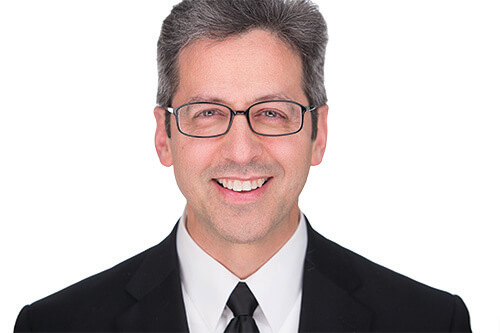


Teach NJ, founded in 2015 to advocate for an increase in state funding for nonpublic schools, will hold its inaugural dinner on Wednesday, May 15, at the Newark Museum. It will be a night to publicly thank the guest of honor, Governor Phil Murphy, and New Jersey legislators for doubling security funding in nonpublic schools, and to bring together supporters who help Teach NJ in its mission to achieve funding parity with the public schools for essential services.
“We are very grateful to the governor,” said Josh Caplan, director of Teach NJ. “The security bill he signed in January provides a total of $22.6 million to our nonpublic schools. It is an amazing achievement for our community and all nonpublic schools in New Jersey.”
Renee Klyman, grassroots director, said that in light of recent tragedies around the world, security is on everyone’s mind. “These additional funds will help alleviate the stress and ensure that all of our children feel safer in school.”
After last year’s successful breakfast, with over 400 attending, Teach NJ decided the next step should be a more formal dinner. “We really want to keep the momentum going,” Klyman said. With attendees coming from all over the state, from Cherry Hill to Bergen County, Newark was chosen as the dinner location for its easy, central accessibility
Teach NJ is a statewide organization under the Teach Coalition umbrella. Working with the Orthodox Union, Jewish Federations throughout New Jersey, supporting schools in the Jewish community and other nonpublic schools has been a major factor in Teach NJ’s success. “New Jersey is a diverse state and the way to get things done is to work together in partnership,” said Caplan. “We work with Agudath Israel, the Catholic Conference, the Council of Islamic schools in North America, the Association of Christian Schools International and individual nonpublic schools. At the January signing ceremony for the security bill, Senator Paul Sarlo, District 36, said the reason the legislation passed was because we worked together across religious and ethnic lines; the entire nonpublic school community was unified.”
The spirit of cooperation is evident at the grassroots level as well. “We give people the tools to help them get involved in Teach NJ advocacy,” said Klyman. Caplan and Klyman also emphasized that attending the Teach NJ dinner, and supporting the work of Teach NJ, is not just the responsibility of day school parents. “You may not have kids in the day schools any more but maybe you have grandchildren. It’s a community effort.”
Caplan noted that all New Jersey residents pay taxes that support education at public schools and some of those funds should rightfully be allocated to services for nonpublic school students. In addition, without a viable nonpublic school system, public schools, which have limited physical resources, would have to absorb thousands more students, which would create a tremendous and costly burden.
The funding Teach NJ is seeking from the state is separate from any religious programming. But any help will ease tuition costs so that Jewish day schools remain viable and sustainable. “Research and surveys all show that Jewish education is the primary vehicle for Jewish continuity,” said Caplan. “A Jewish community without a day school and a strong Jewish education system cannot thrive. One of the ways to help our day schools is to get funding sources outside of our community.”
Klyman said there are many ways for people to get involved with Teach NJ to make their schools secure, strong and sustainable. For more information, contact Klyman at klymanr@teachcoalition.org. To make a dinner reservation, visit https://teachcoalition.org/nj/dinner/.
By Bracha Schwartz
�











